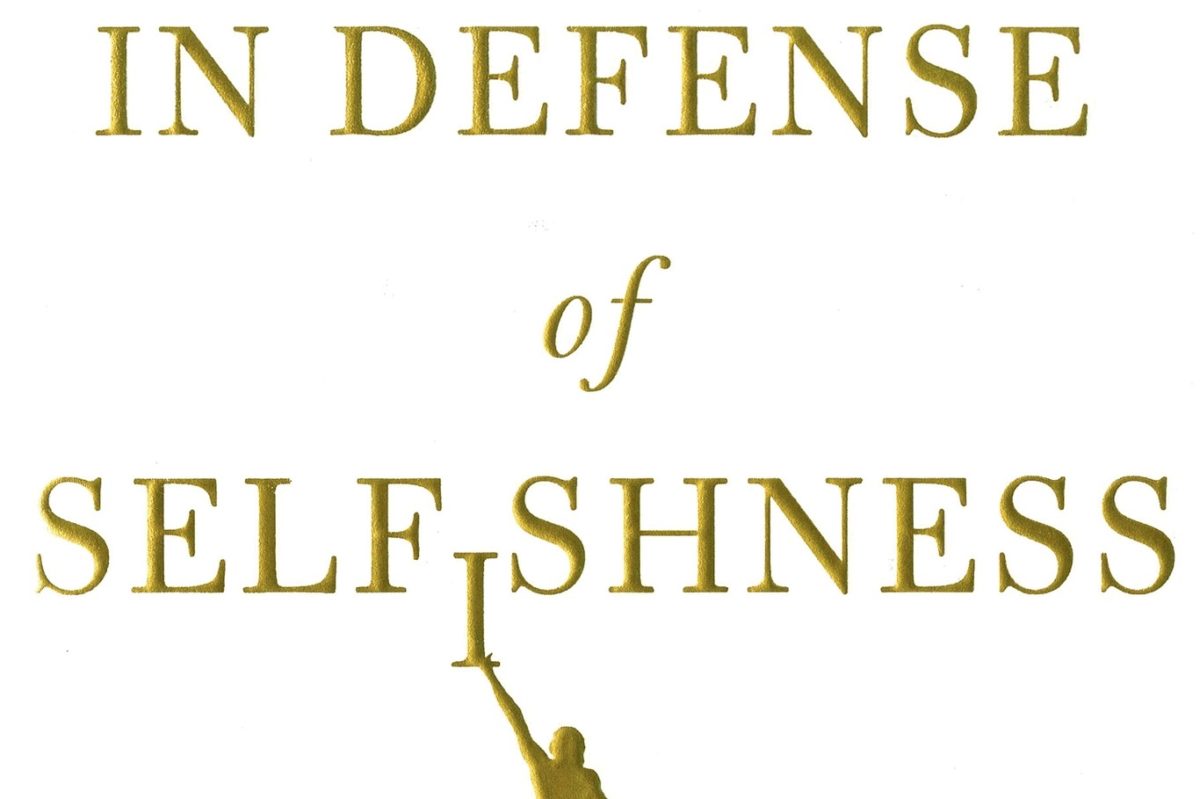Just a few short months after North Carolinian voters leaned towards the right, retaining a Republican majority in their General Assembly and replacing Democratic Governor Bev Purdue with Republican Pat McCrory, demonstrations began at the State Capitol. Held every Monday since April, these so-called “Moral Monday” protests are attended by thousands who believe that Republicans are destroying a vital tradition of “caring for the least fortunate” by cutting spending on unemployment benefits and public schools. The New York Times has emphatically endorsed these demonstrations, expressing similar outrage at what its Editorial Board calls “cruel” and “grotesquely damaging” Republican actions. Their proposed solution: a return to morality.
The Moral Monday protestors and the NYT Editorial Board hold a common conviction: that caring for the least fortunate is the path to moral progress. Because the jobless, the sick, and the homeless suffer greatly, “progressives” hold that their need deserves our attention the most. They hold that the ultimate moral standard of government policy is whether it is good for those who suffer.
However, suffering has many different causes. Sometimes people are the victims of unfortunate circumstances, e.g. illness or unemployment that is no fault of their own. But other times people suffer from their own irrational choices or unproductive character traits. These people are responsible for their own suffering. Because individuals suffer for so many reasons, government policies aimed at alleviating unqualified “suffering” have two underappreciated consequences. First, they reward those who deserve to suffer. Second, they create undeserved suffering for those who are trying to succeed. For this reason, “the good of the suffering” cannot serve as a viable moral standard for social policy.
Consider the case of two waiters, Careless Carl and Diligent David, who work at the same steakhouse. Suppose that the steakhouse is facing hard times, so the owner needs to cut costs by cutting one position from his staff, and he must choose between Carl and David. He finds that Carl often loses his temper with patrons, and routinely neglects his cleaning duties. David, however, provides all of his patrons with a pleasant experience, and leaves his tables and chairs spotless before leaving work. It seems obvious that David is both the greater asset to the restaurant, and more deserving of his position than Carl is. But rather than considering merit or profitability, the owner asks which of the two will suffer more if he loses his job. He learns that while David has been putting away savings to fall back on, Carl has squandered his wages on gambling and may lose his house if left suddenly jobless. The owner decides, using the same standard held by the Moral Monday protestors, to let David go to spare Carl’s suffering.
Clearly, this is perverse. By all reasonable standards, David deserves the job more than Carl. But the owner rewards Carl (who is responsible for his own suffering), and has created undeserved suffering for David (who is productive and hard-working). This is the very same kind of injustice which government commits when it carries out redistributionist social welfare policies based on the moral principle of caring for the least fortunate. Productive, hardworking wage earners like David, who don’t deserve to suffer the loss of the fruits of their labor, are taxed to subsidize the needs of poor decision makers like Carl, who clearly deserve the negative consequences of their behavior.
This is not a viable moral standard for North Carolina—or any state—to adopt. It flies directly in the face of a more suitable alternative, and a cherished principle in the United States: that the pursuit of happiness for each individual is a virtuous endeavor. To value the pursuit of happiness for each individual is to acknowledge that each person is responsible for pursuing and achieving his own happiness. To apply it to the case of Careless Carl and Diligent David would demand that the owner consider, not the happiness of each employee in the event of his firing, but the extent to which he deserves the position.
By no means should we endorse everything Republicans are doing in North Carolina. (Efforts to reduce freedom in regards to abortion and marriage, as well as a desire to raise sales taxes, are certainly not appealing.) However, it is clear that the standard of moral progress held by the Moral Monday protestors and the NYT is not a viable one. Instead, disgruntled “progressives” should revisit the language of our Founders in the Declaration of Independence, and learn that genuine moral progress is possible only through respecting each individual’s right to “Life, Liberty, and the pursuit of Happiness.”
Image courtesy of Flikr user Melinda D.





